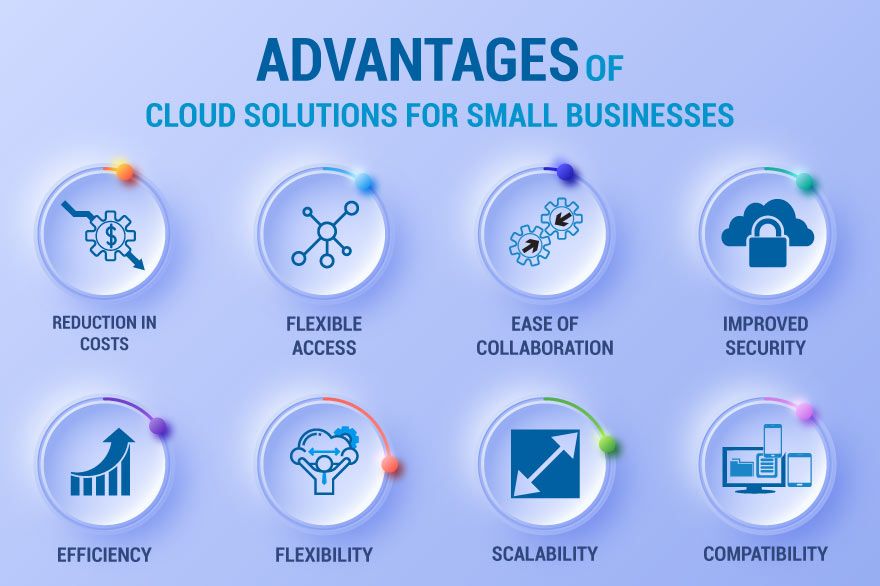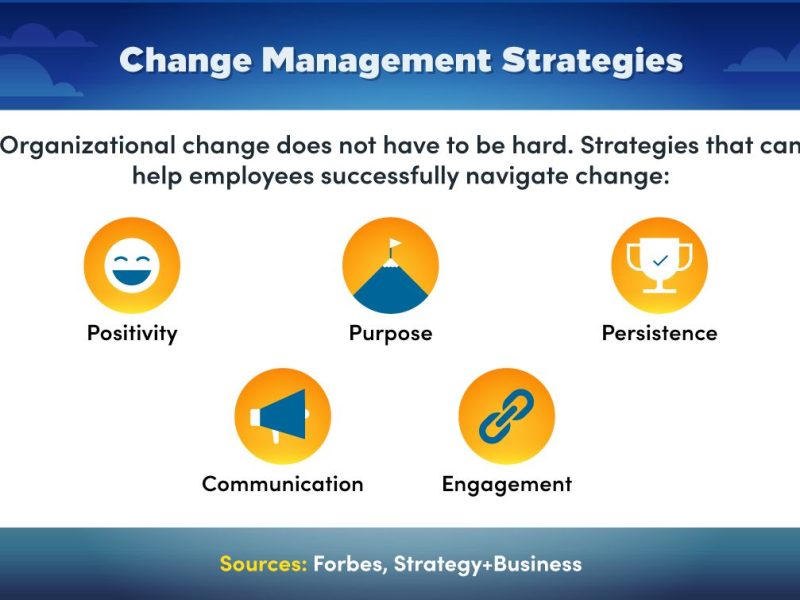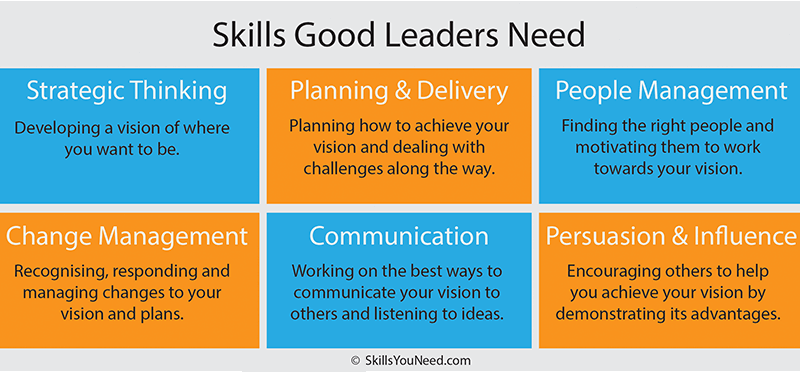In today’s digital age, cloud computing has become a crucial part of business operations. It allows companies to store, access, and manage data and applications over the internet, rather than on local servers or personal devices. Cloud computing offers numerous benefits for businesses, including cost savings, scalability, flexibility, and increased efficiency.
Determining Your Business Needs
Before choosing a cloud computing solution for your business, it’s essential to assess your specific needs and requirements. Consider factors such as the size of your business, the type of data you need to store, your budget, and your long-term goals. This will help you determine the most suitable cloud computing model for your business.
Types of Cloud Computing Solutions
There are three main types of cloud computing solutions: public cloud, private cloud, and hybrid cloud. Public cloud services are provided by third-party providers on a pay-as-you-go basis, making them cost-effective and easily scalable. Private cloud services, on the other hand, are dedicated to a single organization, providing more control and customization options. Hybrid cloud solutions combine both public and private clouds, offering a balance of cost-effectiveness and security.
Key Considerations When Choosing a Cloud Computing Provider
Security
Security should be a top priority when choosing a cloud computing provider. Look for providers that offer encryption, data backups, and robust security measures to protect your sensitive information.
Scalability
Scalability is another crucial factor to consider. Your cloud computing solution should be able to grow with your business and handle increasing workloads and data storage needs.
Reliability
Reliability is essential to ensure that your data and applications are accessible at all times. Choose a provider with a proven track record of uptime and reliability.
Cost
Cost is a significant consideration for businesses of all sizes. Compare pricing plans and consider factors such as storage, bandwidth, and additional services to determine the most cost-effective solution for your business.
Compliance
Depending on your industry, you may have specific compliance requirements that your cloud computing provider needs to meet. Ensure that your provider complies with industry regulations and standards to avoid any legal or regulatory issues.
Top Cloud Computing Providers
Amazon Web Services (AWS)
AWS is one of the largest cloud computing providers, offering a wide range of services, including storage, computing power, and database management. It is known for its scalability, reliability, and security features.
Microsoft Azure
Azure is Microsoft’s cloud computing platform, providing a suite of services for businesses, including virtual machines, storage, and networking solutions. It is a popular choice for businesses that use Microsoft products and services.
Google Cloud Platform
Google Cloud Platform offers a variety of cloud computing services, such as computing, data storage, and machine learning. It is known for its advanced technology and competitive pricing.
Conclusion
Choosing the right cloud computing solution for your business can have a significant impact on your operations and overall success. By assessing your needs, considering key factors such as security, scalability, and reliability, and exploring top cloud computing providers, you can make an informed decision that aligns with your business goals. Embrace the power of cloud computing to take your business to the next level.


